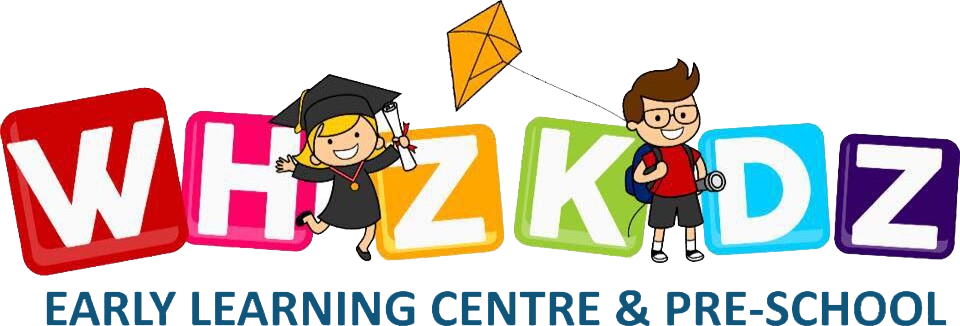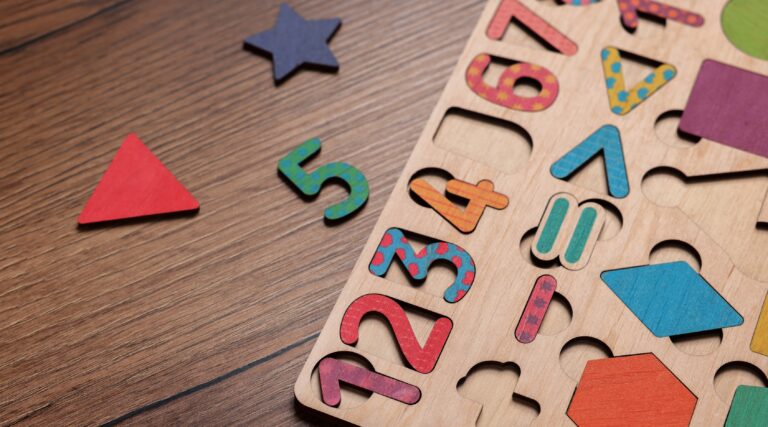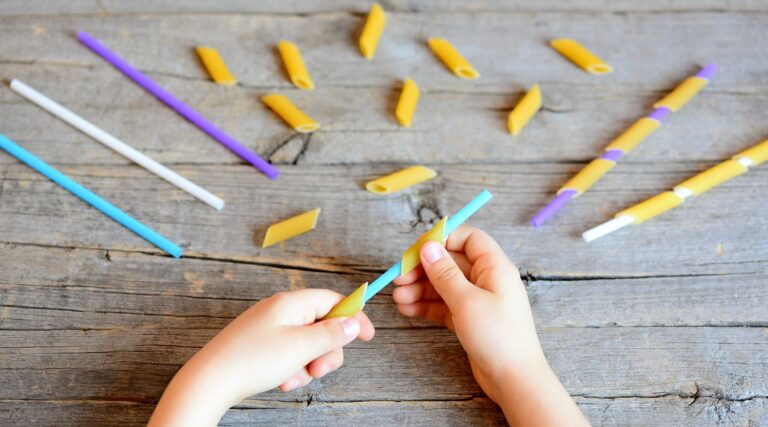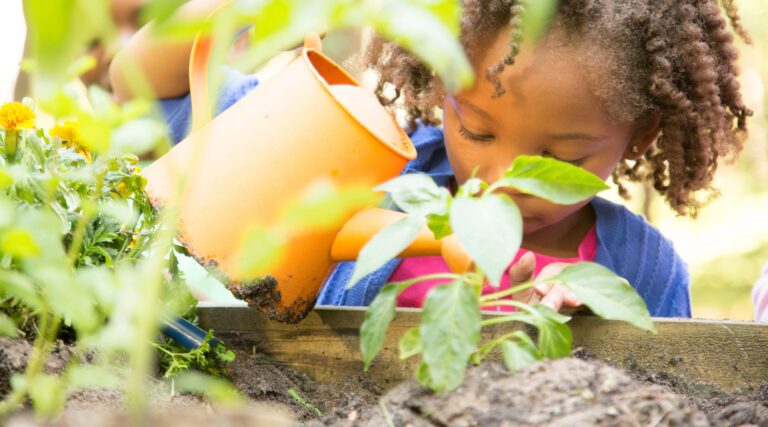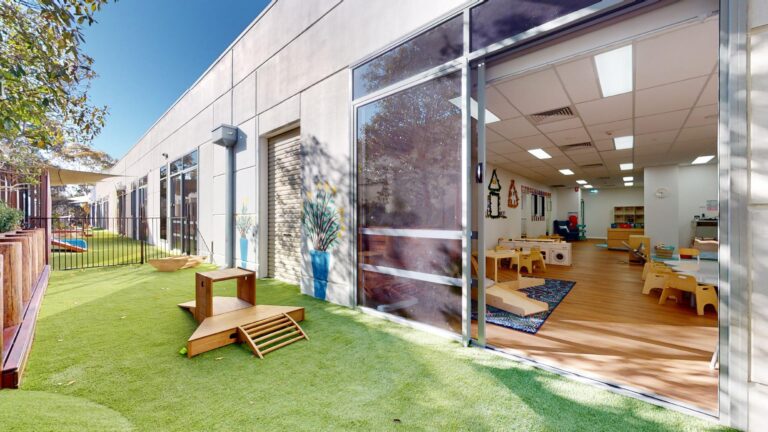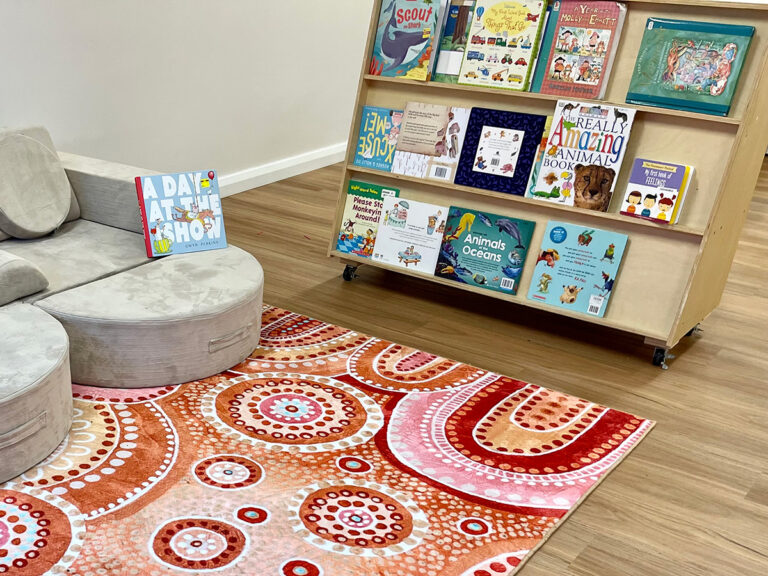The Importance of Mindfulness Practices in Early Childhood Education
The team at Whiz Kidz Castle Hill understand the profound impact mindfulness practices in early childhood education has on children’s overall development and well-being. We at Castle Hill Whiz Kidz have listed some key reasons why mindfulness is important in early childhood education:
Emotional Regulation
Mindfulness practices help children develop emotional regulation skills, allowing them to better understand and manage their feelings. This can lead to improved behaviour, reduced anxiety, and increased resilience.
Attention and Focus
Mindfulness practices, such as meditation and mindful breathing, help children develop attention and focus. This can improve their ability to concentrate in school and in other areas of their lives.
Stress Reduction
Mindfulness practices can reduce stress in children by teaching them to be present in the moment and to let go of worries about the past or future. This can lead to improved mental health and well-being.
Social Skills
Mindfulness practices can improve children’s social skills by helping them develop empathy, compassion, and kindness. This can lead to stronger relationships with peers and adults.
Cognitive Skills
Mindfulness practices can improve cognitive skills such as memory, problem-solving, and decision-making. This can lead to improved academic performance and overall cognitive development.
Self-Awareness
Mindfulness practices help children develop self-awareness, allowing them to better understand their thoughts, feelings, and actions. This can lead to improved self-esteem and self-confidence.
Behavioural Regulation
Mindfulness practices can improve children’s ability to regulate their behaviour by helping them develop impulse control and decision-making skills. This can lead to fewer behavioural issues in school and at home.
Physical Health
Mindfulness practices can have positive effects on children’s physical health, such as reducing blood pressure, improving sleep, and boosting the immune system.
Creativity and Imagination
Mindfulness practices can enhance children’s creativity and imagination by encouraging them to explore their thoughts and ideas in a non-judgmental way.
Lifelong Skills
By introducing mindfulness practices at an early age, children can develop skills that will benefit them throughout their lives, such as stress management, emotional intelligence, and resilience.
Overall, mindfulness practices can play a crucial role in early childhood education by promoting emotional, social, cognitive, and physical development. Integrating mindfulness into our daily routines at Whiz Kidz Castle Hill help children cultivate a sense of inner calm, focus, and compassion that can benefit them for years to come.
